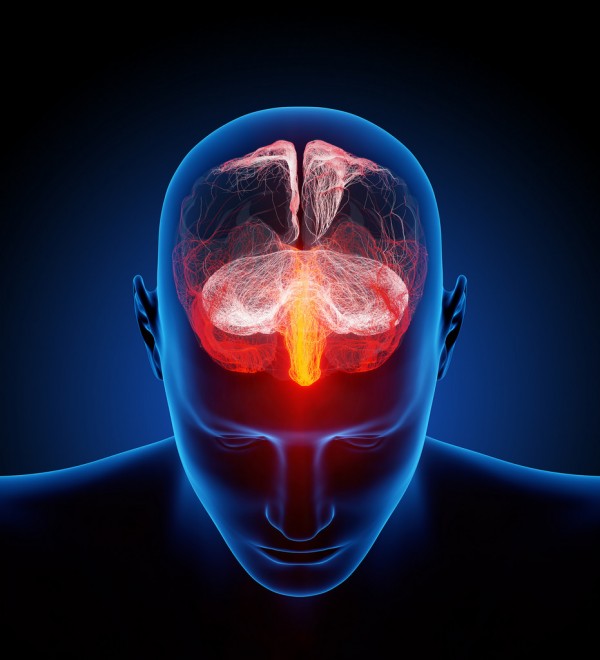By Dane Lorica, | November 05, 2016

The human brain is apparently inclined to be negatively bias. (Flickr)
A new study has explained how the human brain creates prejudice and how it can affect the whole society.
The research involved 22 participants who were told with stories about fictitious social groups like "a member of Pellums gave flowers to his mother" or "a Kitils member murdered a cat." The two primary groups were secretly labeled as good and bad.
Like Us on Facebook
Brain scans showed similarity in the activity in the anterior temporal pole with the establishment of prejudice. The study hypothesized that to determine an individual's current bias level, it could be possible to "mathematically track prejudice second by second."
The result revealed that the brain shows greater response to negative stereotypes and groups with an unfavorable depiction in the society, thus fueling racial discrimination and bias. For instance, when participants were informed about a good action by an individual from a "bad" group, their common response was like "Oh, weird."
The scans also showed characteristic signature in the prefrontal cortex activity when participants were informed about something that is different from their stereotype.
Existing research works identified areas in the brain that play a role in racial and gender stereotyping. However, this latest study pioneers in the investigation of the brain's linking of unfavorable traits to a certain group and how this learning becomes prejudice over time.
Neuroscientist Hugo Spiers of University College London described the current social situation where "newspapers are filled with ghastly things people do. You're getting all these news stories, and the negative one stands out."
Scientists argue that stereotypes assist people in navigating the world to avoid being overwhelmed by information. The result of the study was published in the Journal of Cognitive Neuroscience.
-
Use of Coronavirus Pandemic Drones Raises Privacy Concerns: Drones Spread Fear, Local Officials Say

-
Coronavirus Hampers The Delivery Of Lockheed Martin F-35 Stealth Fighters For 2020

-
Instagram Speeds Up Plans to Add Account Memorialization Feature Due to COVID-19 Deaths

-
NASA: Perseverance Plans to Bring 'Mars Rock' to Earth in 2031

-
600 Dead And 3,000 In The Hospital as Iranians Believed Drinking High-Concentrations of Alcohol Can Cure The Coronavirus

-
600 Dead And 3,000 In The Hospital as Iranians Believed Drinking High-Concentrations of Alcohol Can Cure The Coronavirus

-
COVID-19: Doctors, Nurses Use Virtual Reality to Learn New Skills in Treating Coronavirus Patients







